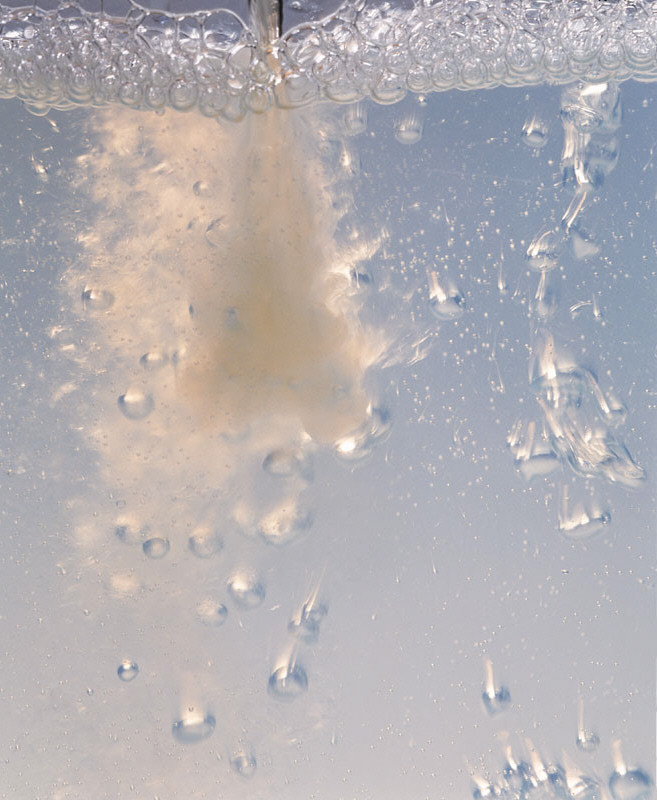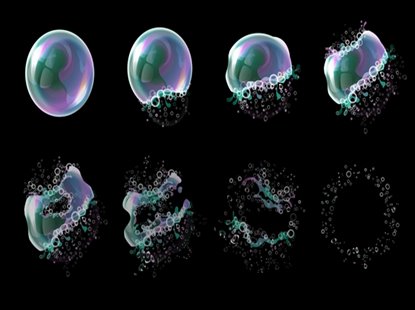The Future of Defoamers: Innovations and Trends in Foam Control Solutions
The Future of Defoamers: Innovations and Trends in Foam Control Solutions
Blog Article
The Role of Defoamers in Enhancing Item High Quality and Performance
Defoamers serve as necessary additives that mitigate this problem, making sure smoother production workflows while enhancing the visual and functional attributes of the last items. The choice of the proper defoamer can be important to accomplishing optimal results, raising vital inquiries concerning formulation compatibility and performance metrics that warrant additional exploration.
Comprehending Defoamers
Comprehending the function of defoamers is crucial for preserving item top quality across numerous markets. Defoamers are chemical ingredients made to lower and prevent the formation of foam in liquid systems, which can detrimentally impact procedures such as blending, filling, and surface tension. Frothing can result in inefficiencies, item problems, and compromised visual charm, making defoamers an essential element in making procedures.
In industrial applications, defoamers assist to boost product consistency and stability. The effective usage of defoamers not just makes certain smoother manufacturing procedures however likewise contributes to remarkable item performance.
Furthermore, the option and formulation of a defoamer should align with certain application demands, such as compatibility with other components, effectiveness under differing temperature level and pH conditions, and possible regulatory constraints. Eventually, comprehending defoamers' functions and their importance in different formulations is vital for enhancing production and guaranteeing the finest output.
Kinds of Defoamers
Defoamers can be categorized right into numerous kinds based on their make-up and system of activity. The main types include silicone-based, non-silicone natural, and not natural defoamers.
Silicone-based defoamers are amongst one of the most efficient, mostly as a result of their capability to spread out promptly on the fluid surface and disrupt foam development. Their one-of-a-kind chemical structure enables premium security, making them appropriate for high-temperature applications and environments with differing pH levels.
Non-silicone natural defoamers, often composed of fatty acids or all-natural oils, are valued for their biodegradability and lower toxicity. These are usually utilized in food and beverage applications where safety and environmental impact are extremely important.
Not natural defoamers, which consist of substances like talc or calcium carbonate, act by raising the thickness of the fluid, thus lowering foam stability. They are frequently utilized in industrial processes where compatibility with various other products is not a concern.
Each kind of defoamer has unique advantages and limitations, enabling customized options relying on the details foaming problems run into in various applications. Comprehending these distinctions is vital for maximizing performance and attaining preferred product high quality.
Applications Across Industries
Many industries utilize defoamers to boost item top quality and operational effectiveness. In the food and beverage sector, defoamers are vital in processes such as brewing and dairy products production to protect against foam formation, which can result in inefficiencies and product incongruity. By managing foam, suppliers can guarantee much better return and an extra uniform product.
In the pharmaceutical market, defoamers play a crucial function in the solution of fluid medicines, where extreme foam can restrain mixing and accurate application. Their use assists keep the stability of the formulas and assists in smoother manufacturing processes.
The paint and coverings sector additionally counts on defoamers to enhance the efficiency of products throughout application. By lessening her latest blog foam, these ingredients guarantee a smoother finish and enhance the aesthetic top qualities of the last product.

Benefits of Making Use Of Defoamers
While the application of defoamers varies across markets, their advantages continually enhance item quality and procedure effectiveness. One considerable benefit is the decrease of foam formation throughout producing processes, which can otherwise lead to manufacturing delays and variances in product top quality. By decreasing foam, defoamers make it possible for a smoother circulation of products, promoting a lot more effective procedures and lowering the probability of equipment malfunctions.
Furthermore, the use of defoamers can improve the look and texture of last products. In fields such as layers, paints, and food processing, extreme foam can compromise the visual looks and general high quality, while the suitable defoamer application makes certain a consistent finish and preferable features. Defoamers can add to set you back financial savings by reducing waste during manufacturing and maximizing the use of raw materials.

Picking the Right Defoamer
Selecting the best defoamer is essential for optimizing manufacturing processes and ensuring product high quality. The option of defoamer influences not just the effectiveness of foam control yet also the total efficiency characteristics try here of the end product. Aspects to take into consideration consist of the sort of application, the chemistry of the solution, and the ecological conditions under which the product will be used.
Different industries might call for certain defoamer kinds, such as silicone-based, organic, or polymeric defoamers. Comprehending the compatibility of the defoamer with the main active ingredients is crucial to stay clear of unfavorable reactions that can compromise product honesty. Furthermore, the defoamer's effectiveness in different temperature levels and pH levels must be evaluated to make certain regular performance.
Testing the defoamer in small-scale applications can give valuable understandings into its performance and viability. Factor to consider of regulative conformity, particularly in food, pharmaceuticals, and cosmetics, is critical in choosing a defoamer. Eventually, a comprehensive evaluation of these aspects will lead to the choice of a defoamer that not just controls foam efficiently however additionally view publisher site enhances the quality and performance of the final item.
Verdict

In final thought, defoamers are crucial additives that significantly improve item quality and efficiency throughout numerous industries. The calculated selection and application of defoamers lead to cost savings, maximized resource usage, and enhanced client satisfaction.
Foaming can lead to inadequacies, item flaws, and compromised aesthetic appeal, making defoamers a crucial part in manufacturing operations.

Report this page